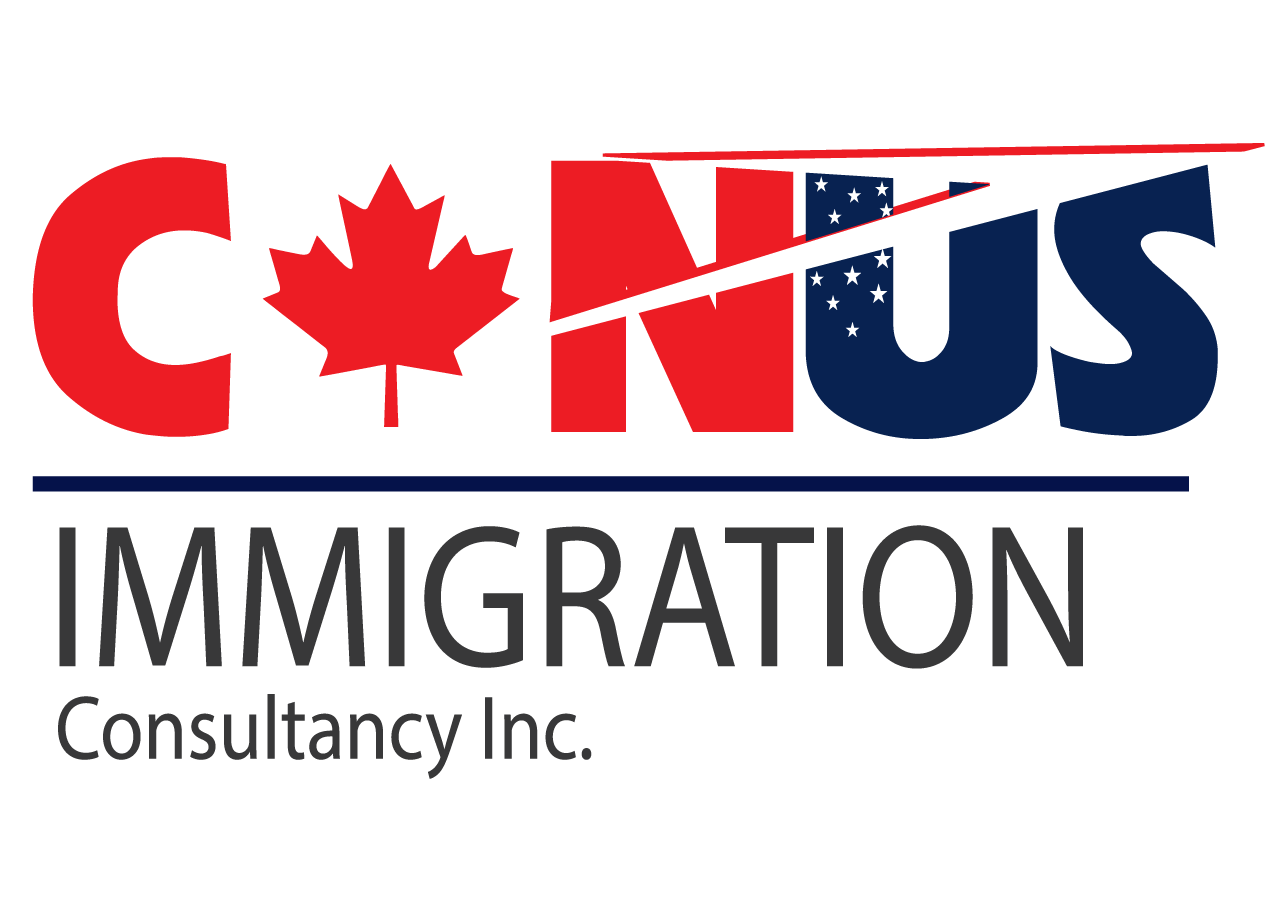What Employers in Canada Need to Do to Hire Foreign Truck Drivers under LMIA

The demand for truck drivers in Canada is growing every day. The country faces a big shortage. Many employers now look to other countries to find good drivers. This is not new, to be honest. If you want to hire foreign truck drivers, you need to know about LMIA. This guide will help you understand the process.
Why Foreign Truck Drivers Are Essential for Canada
The trucking shortage is real. Canada needs over 25,000 new truck drivers by 2025. This affects everything. Grocery stores need goods delivered. Factories need supplies to be moved. Foreign workers can help fix this problem. But employers must follow the rules.
Many business owners ask if it’s worth the effort. The answer is yes. Hiring foreign truck drivers through a truck driver LMIA based work permit Canada program can solve your driver shortage for years.
What is the LMIA Process for Truck Drivers?
LMIA stands for Labour Market Impact Assessment. It proves that hiring a foreign worker won’t hurt Canadian job seekers. Think of it as permission from the government to hire from other countries.
The government checks your application carefully. They want to see that you tried to hire Canadians first. They also check that you pay fair wages. You must offer good working conditions too.
Here’s good news. Truck driver Canada immigration applications get fast processing. The government knows Canada needs drivers badly.
Step-by-Step Guide to Hiring Foreign Truck Drivers
Getting approval to hire foreign truck drivers takes planning. You need to follow each step carefully. The process has clear rules. But it’s not too hard if you know what to do. Let’s break down each step so you can succeed.
Step 1: Confirm Job Requirements
Your truck driving job must meet certain rules. The job should be full-time. It should last at least one year. You need to pay fair wages. Most provinces require $22 to $28 per hour.
Write a clear job description. Say what type of driving the job needs. Long-haul trucking is different from local delivery. Be specific about the license class. Mention any special training needed.
Step 2: Prove Your Recruitment Efforts
This step is important. You must show that you looked for Canadian workers first. You need to search for at least four weeks. Here’s what counts:
- Post jobs on Job Bank
- Put ads in local newspapers
- Use online job sites like Indeed
- Work with job agencies
- Go to job fairs
Keep good records. You need to save all applications you get. Write down why Canadian workers didn’t work out. Common reasons include no proper license or not enough experience.
Step 3: Prepare Your LMIA Application
The LMIA application needs lots of papers. You need business documents and financial records. The fee is $1,000 per application. So get it right the first time.
Include your recruitment summary. Show all your efforts to hire Canadians. Give proof of wages and working conditions. If you offer housing or transport, write that down too.
Processing takes 6-8 weeks, usually. During busy times, it can take 12 weeks. Plan ahead.
Step 4: Support Your Worker’s Permit Application
After you get a positive LMIA, your worker can apply for their LMIA based work permit Canada. This isn’t your job directly. But helping your future employee is smart.
Give them a detailed job offer letter. Make sure it matches your LMIA exactly. Include wages, benefits, and job location. Many workers need invitation letters too.
Common Challenges and Solutions
Every employer faces problems when hiring foreign truck drivers. Some challenges come up again and again. But don’t worry. Each problem has a solution. Learning about these issues ahead of time helps you prepare better.
Challenge 1: Finding Qualified Candidates
Many employers can’t find good foreign truck drivers. Canadian trucking needs specific licenses. Other countries might have different systems. At Canus Immigration, we tell employers to work with training schools. Look for drivers willing to upgrade their licenses.
Look for drivers with similar experience. You should check their driving record and work history. Now you know every country has a different driving license. It may not match exactly Canadian standards, but you can accept it. Many provinces help foreign drivers convert their licenses.
Challenge 2: Meeting Wage Requirements
Some employers worry about paying median wages. This is especially true in expensive provinces like Ontario or BC. But fair wages are required for LMIA approval.
Think about the big picture. Good truck drivers make money for your business. Calculate what driver shortages really cost you. Think about delayed deliveries and lost contracts. Fair wages often pay for themselves quickly.
Challenge 3: Documentation Complexity
The LMIA application has lots of paperwork. Many employers feel lost. They worry about making expensive mistakes.
Get professional help. Immigration experts can make this easier. Our team at Canus Immigration works on truck driver Canada immigration cases every day. We guide you through each step.
Budget Planning and Processing Times
Smart employers plan their hiring budget carefully before starting the LMIA process. Understanding real costs helps you make better business decisions. You can contact our team to learn more what costs you may have to incur. We know it’s not very expensive.The complete timeline takes 3 to 4 months total. You need 4 weeks for recruitment efforts. LMIA processing takes 6 to 12 weeks, depending on volume.
When your foreign truck driver arrives, help them succeed. Give them training about Canadian traffic laws. Explain company rules and safety procedures. Many foreign drivers like having a Canadian mentor for the first few weeks.
Moving Forward with Confidence
Hiring foreign truck drivers through the truck driver LMIA based work permit Canada process takes time and effort. But the results are worth it. You get experienced, hard-working drivers. Many bring valuable skills from other countries.
Start early and follow the process correctly. Good planning prevents delays. It increases your chances of approval. With Canada’s driver shortage, now is a great time to hire internationally.
This investment in foreign talent solves your immediate needs. It might also open doors for permanent immigration. Many truck drivers become permanent residents later. They become long-term employees who help your business grow.
The Canadian trucking industry needs employers willing to hire international talent. By following the LMIA process correctly, you solve your own problems. You also help Canada’s economy grow. If you need any assistance with the application, count on our experienced team at Canus Immigration.
